Mark Zuckerberg is no longer content playing catch-up in the AI space, especially with Meta's biggest rival, ChatGPT's OpenAI.
The proof is in his recent hiring spree that's poached top researchers from OpenAI, Google DeepMind and Claude's Anthropic to form Meta's new "Superintelligence" team.
In an internal memo first reported by Wired, Zuckerberg welcomed more than a dozen elite AI scientists into Meta’s newly branded Meta Superintelligence Labs (MSL).
The move signals a bold shift that Meta is going after artificial general intelligence (AGI), and it’s doing it with financial force.
A brain trust built to compete with OpenAI
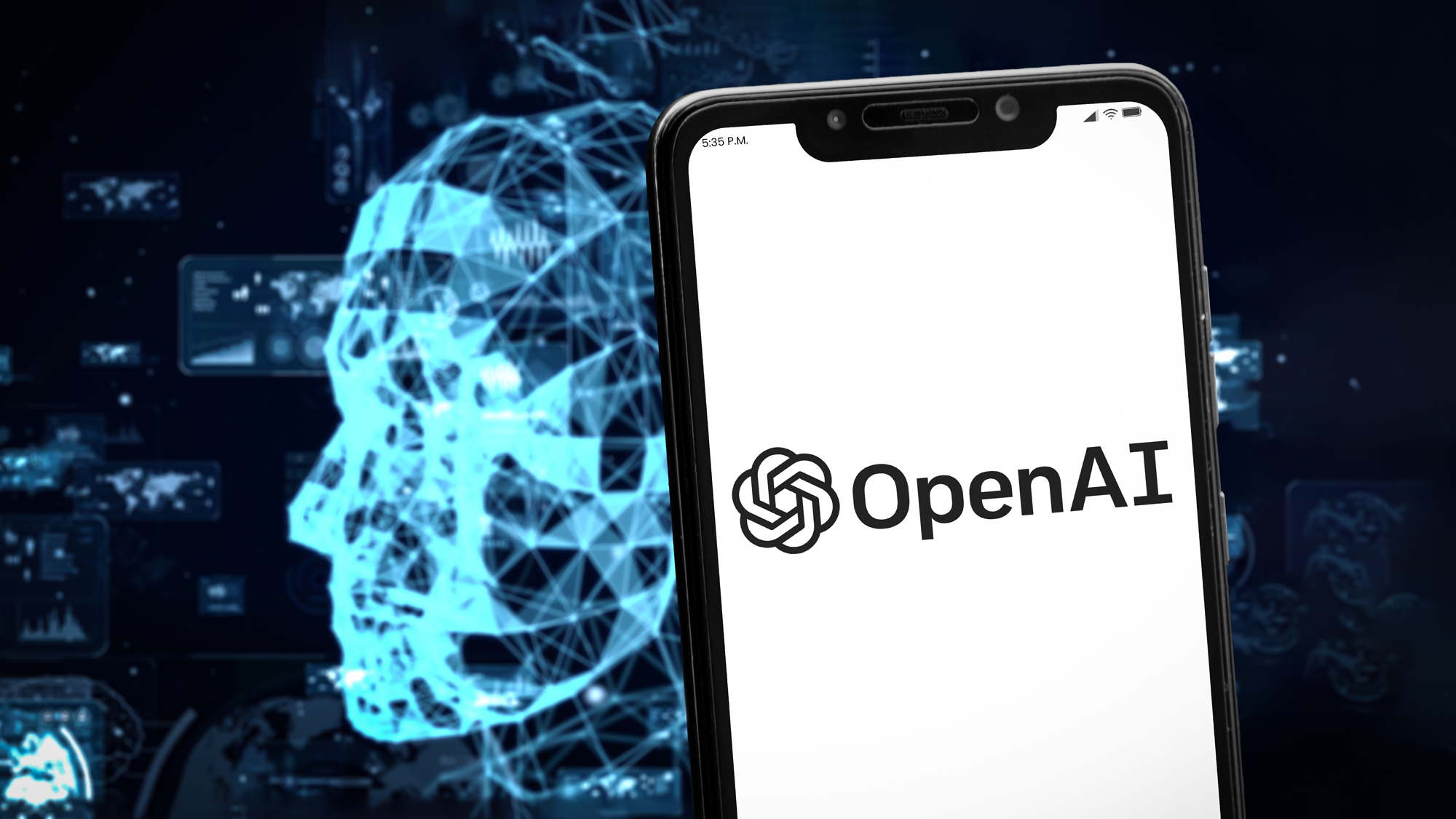
Among Meta’s new recruits are multiple former OpenAI researchers, including Jiahui Yu, Shuchao Bi, Shengjia Zhao and Hongyu Ren.
They’re joined by several big names from Google and DeepMind such as Lucas Beyer, Alexander Kolesnikov, and Xiaohua Zhai; all known for their work on high-performing multimodal models and model alignment.
Zuckerberg is assembling full research groups and giving them the infrastructure (and budget) to go big.
According to multiple reports, some of the hires were lured by seven- to nine-figure pay packages and direct pitches from Zuckerberg himself.
Meta also tapped Nat Friedman, former GitHub CEO, and Daniel Gross, an AI-focused investor, to co-lead the applied AI arm of MSL.
The mix of pure research firepower and product-ready AI talent is the balance Meta will need if it wants to scale cutting-edge models into tools consumers actually want to use (like ChatGPT has proven to be).
Why this changes the AI landscape

Until now, Meta has largely stayed in the background of the AI arms race, focusing on open-source LLMs like Llama while OpenAI and Anthropic dominated the spotlight with ChatGPT and Claude.
But with this high-profile hiring spree, Meta is making one thing clear: it wants to lead AI developmen, not be in the shadows anymore.
This escalation has several major implications:
1. A brain drain for rivals
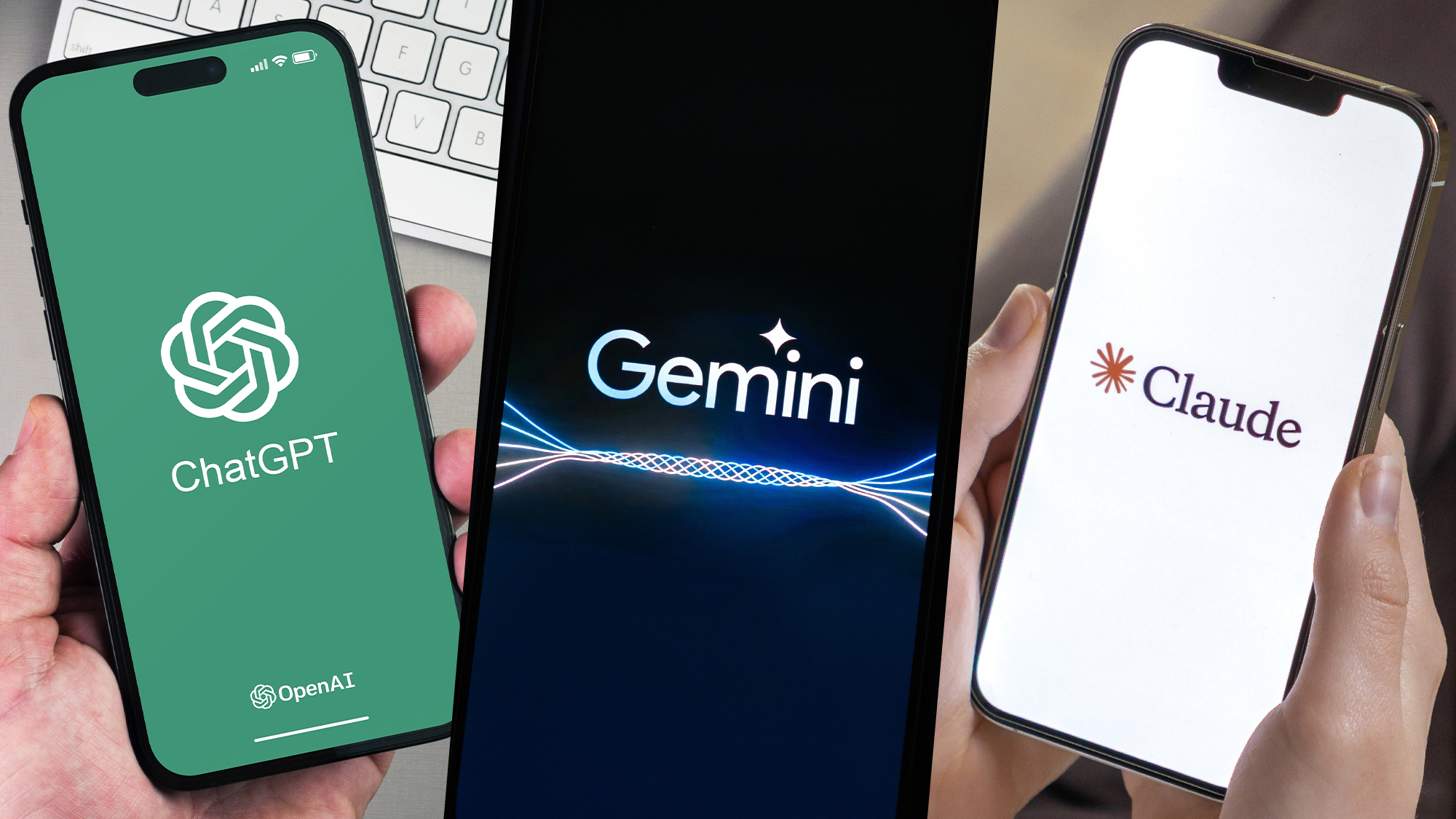
Losing talent to a direct competitor hurts, and OpenAI reportedly isn’t happy about it. After several team members jumped to Meta, OpenAI’s Chief Scientist, Jukan Choi described the exodus as feeling like “someone broke into our house.”
With multiple researchers leaving in a short window, including from OpenAI’s Zurich office, it’s clear that Meta’s offers are lucrative but also strategically timed and targeted.
What does this mean for the launch of ChatGPT-5? We don't know exactly, but my guess is that the much-anticipated chatbot could be delayed due to the loss of much of OpenAI's top talent.
2. The race to AGI is heating up
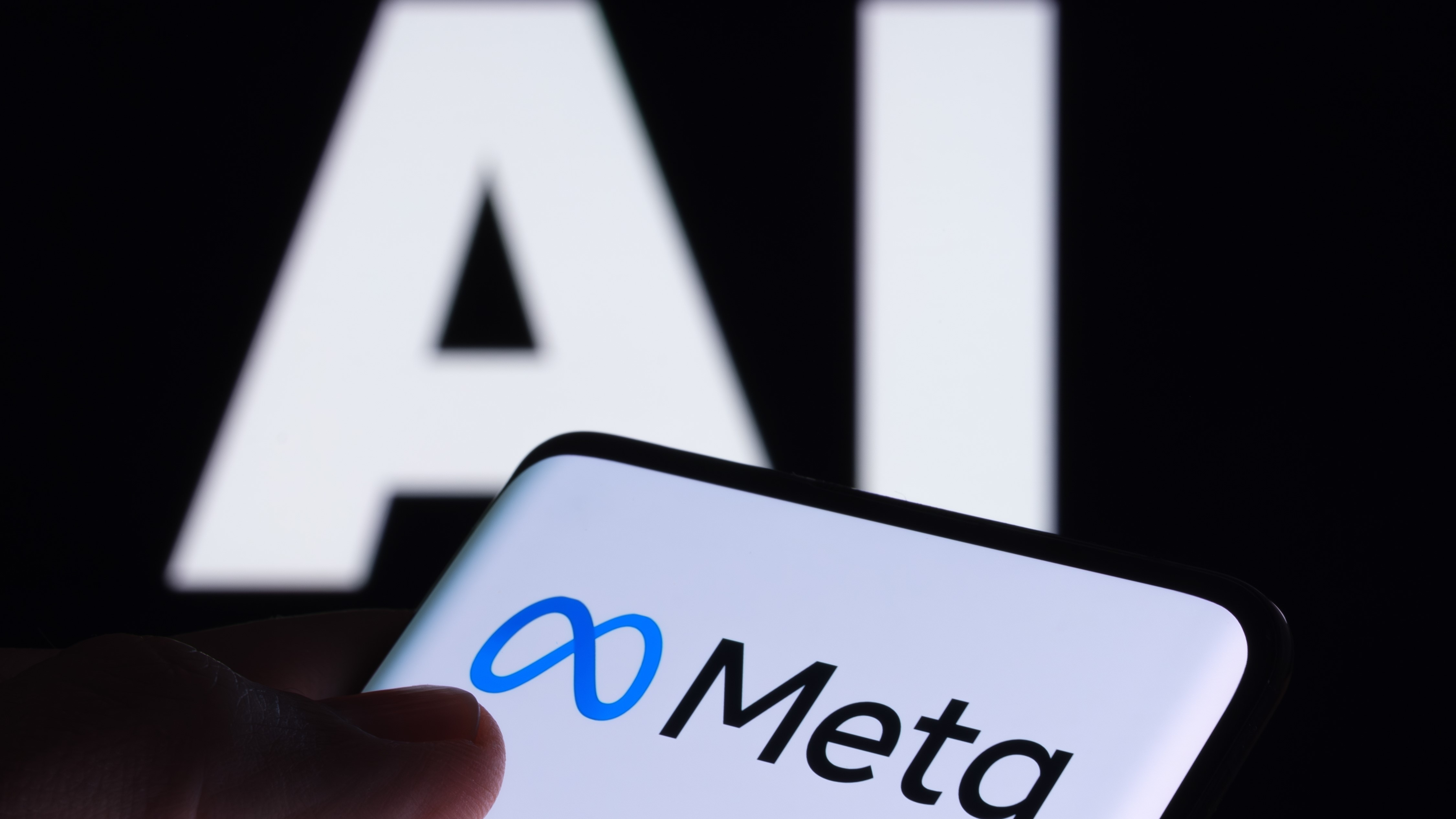
Artificial general intelligence (AGI) is no longer a distant goal for Meta. Zuckerberg now publicly says Meta is working toward it, and with this new team, it’s building the talent to match.
Meta is investing in long-context reasoning, multi-modal learning, alignment research and inference optimization — the very same pillars that OpenAI and DeepMind prioritize.
Meta already has a secret weapon

Meta has something most companies don’t: access to billions of users and massive compute infrastructure.
Pairing world-class AI talent with Meta’s scale, plus its reach across Facebook, Instagram, WhatsApp and Ray-Bans, could rapidly close the gap.
Outlook
Beyond a shockingly significant hiring spree, Zuckerberg's move is a signal that Meta wants to win the AI race. With top-tier researchers, aggressive investment and an infrastructure built for global rollout, Zuckerberg is making Meta a serious contender in the race for AI dominance.
Whether this results in smarter chatbots, better wearable AI or the first real steps toward AGI, one thing is clear: the balance of power in AI is shifting, almost as fast as AI is evolving.
More from Tom's Guide
- I use AI chatbots every day — these 7 prompts make them way more useful
- These 5 prompt upgrades took my AI videos from basic to cinematic
- I tested creative writing prompts on Claude and ChatGPT— only one delivered
Back to Laptops
![]()
Show more
.png)
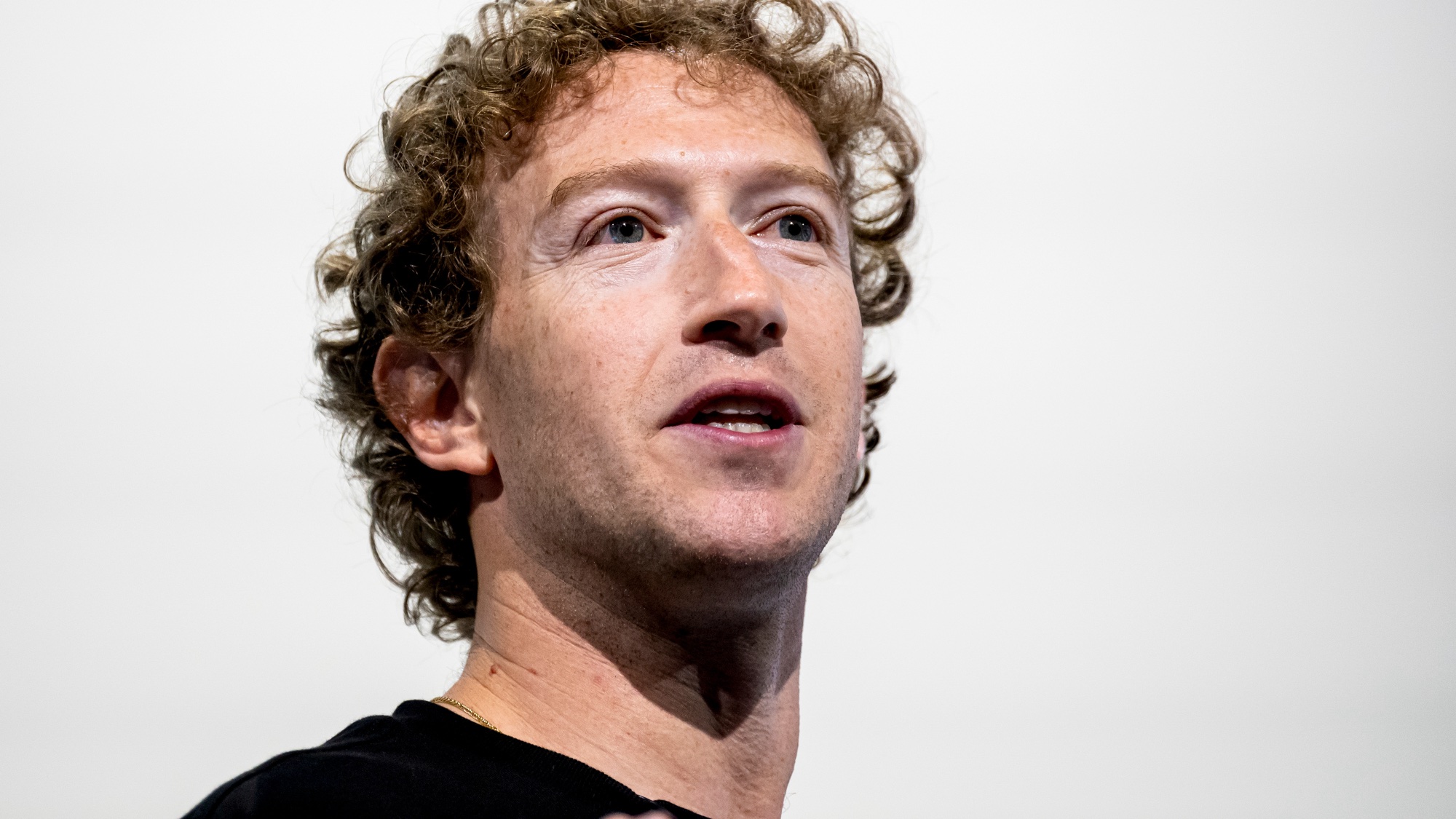


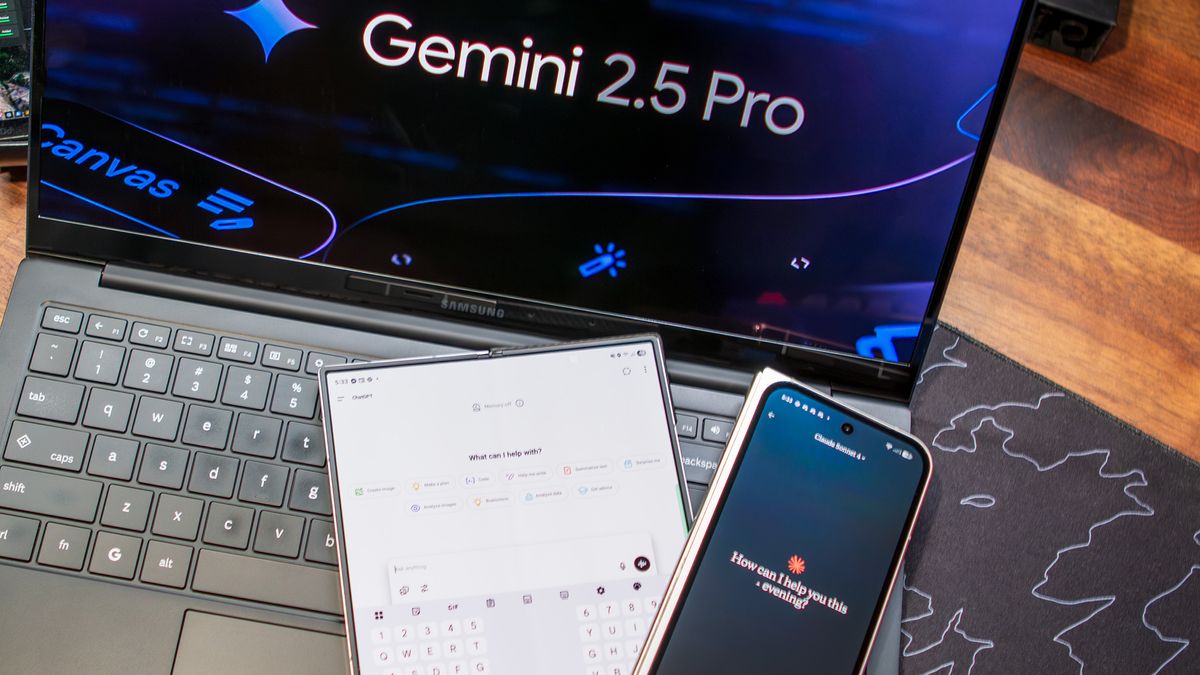








 English (US) ·
English (US) ·